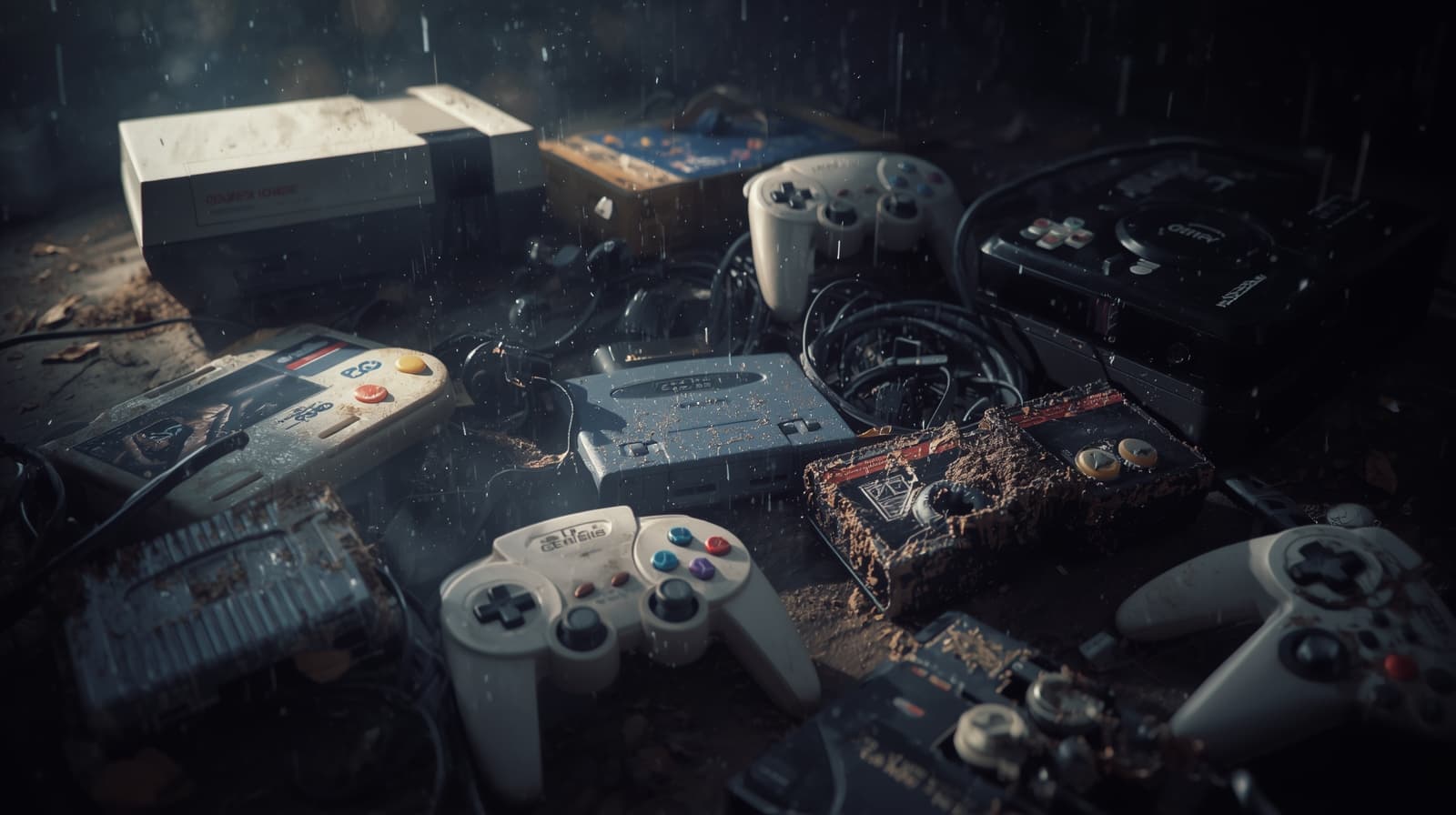The Digital Black Hole: Is Gaming History Disappearing?

In the golden era of physical gaming, every cartridge and disc told a story. They were tangible pieces of creativity — lasting, collectible, and real. But as the gaming industry accelerates toward an all-digital future, a haunting question emerges: what happens when the servers go offline? Are we unknowingly letting entire chapters of gaming history vanish into a digital black hole?
The Fragility of the “Always Online” Era
Modern gaming thrives on cloud connectivity and digital storefronts — but that convenience comes with a hidden cost. When platforms like the Nintendo 3DS eShop or PlayStation Portable Store shut down, hundreds of unique titles vanish overnight. Many of these were indie experiments or creative gems that defined small corners of gaming culture. Once gone, they’re not just inaccessible — they’re effectively erased.
Even popular live-service games face the same fate. When servers close, entire worlds disappear. Unlike physical games that can be preserved on a shelf, digital-only experiences rely on ongoing maintenance. Once the plug is pulled, those games — and the memories they carried — cease to exist.
The Global Effort to Preserve Gaming’s Legacy
Fortunately, a passionate preservation movement is taking shape. Organizations like the Video Game History Foundation and countless independent archivists are racing to save source codes, development notes, and promotional materials before they’re lost. Fan-driven emulation projects, though often controversial, play an essential role in keeping retro titles alive and playable for future generations.
Some major publishers are finally recognizing the value of their own histories. Through remastered collections, re-releases, and backward compatibility programs, companies like Capcom, Nintendo, and Microsoft are helping bridge the gap between generations. Yet, for every game that gets preserved, many more fade quietly into digital oblivion.
Games Are Art — and Art Deserves Preservation
Video games aren’t just products; they’re cultural artifacts that blend art, storytelling, and technology. Losing them means losing part of our shared human creativity. As gaming moves toward cloud streaming and subscription-based access, the urgency to protect our digital past grows stronger.
The question isn’t only about nostalgia — it’s about responsibility. Will we, as a global community of players and creators, preserve the stories that shaped us? Or will we allow them to vanish, leaving future generations to wonder what was lost?
Preserving games means preserving history — and history, once deleted, can never truly be restored.
Read Next Article →